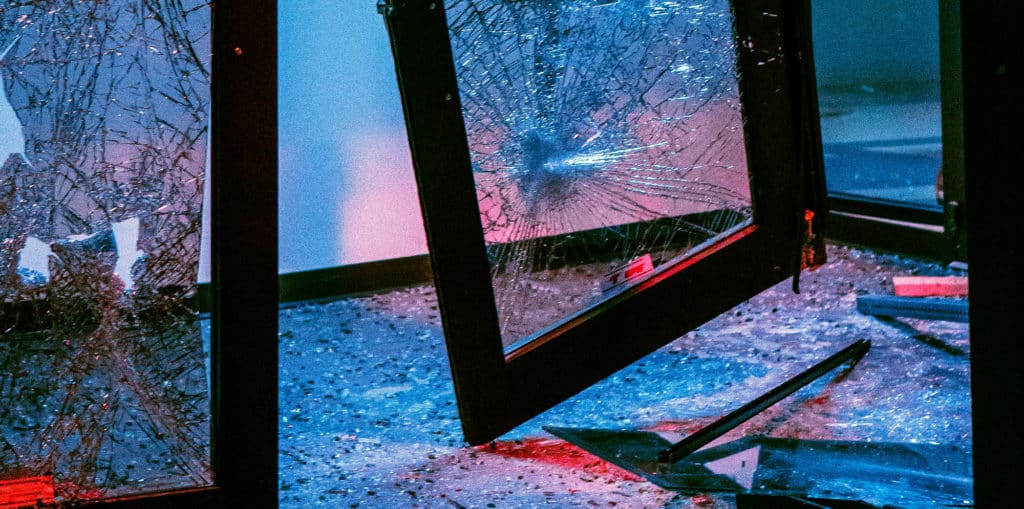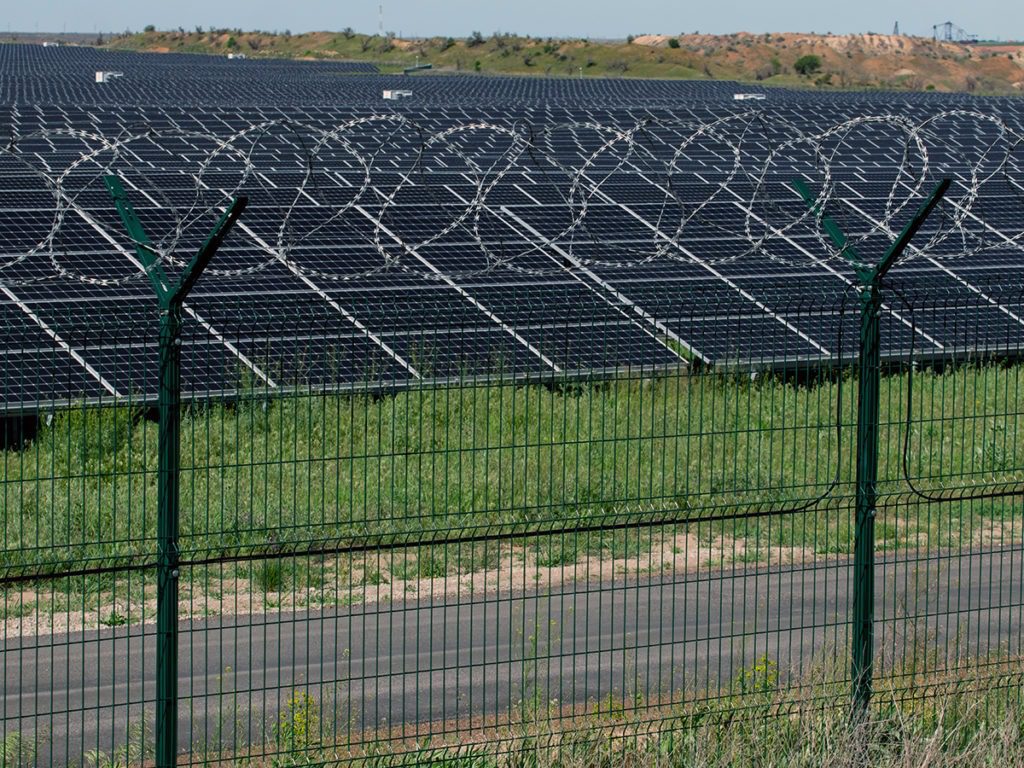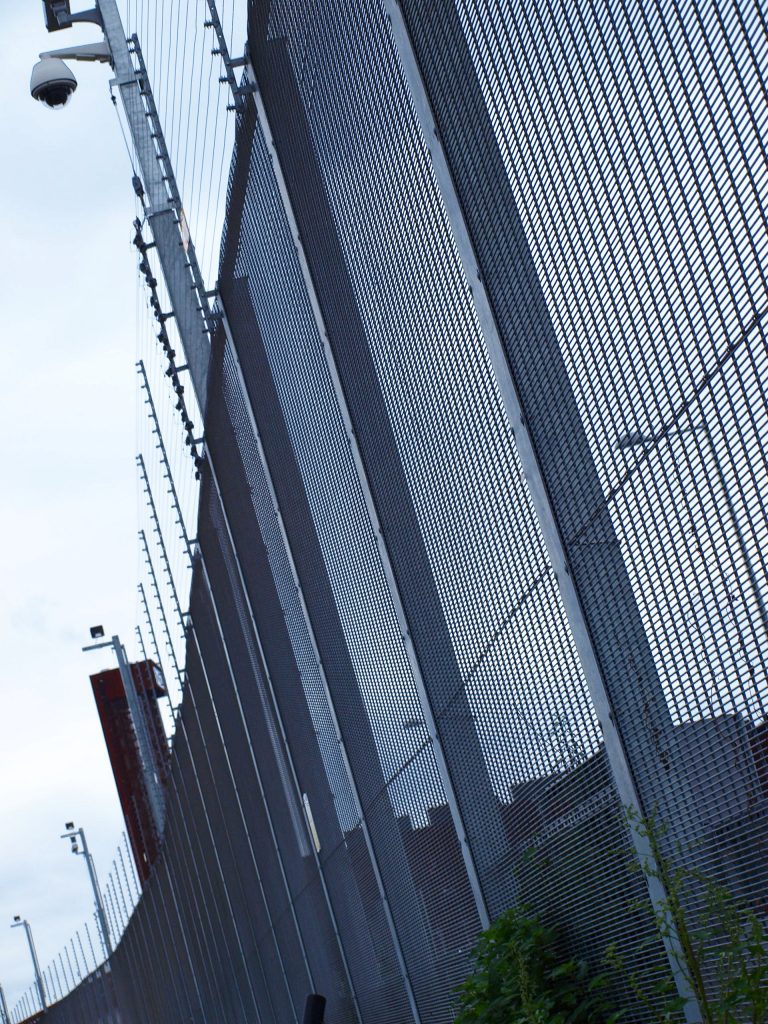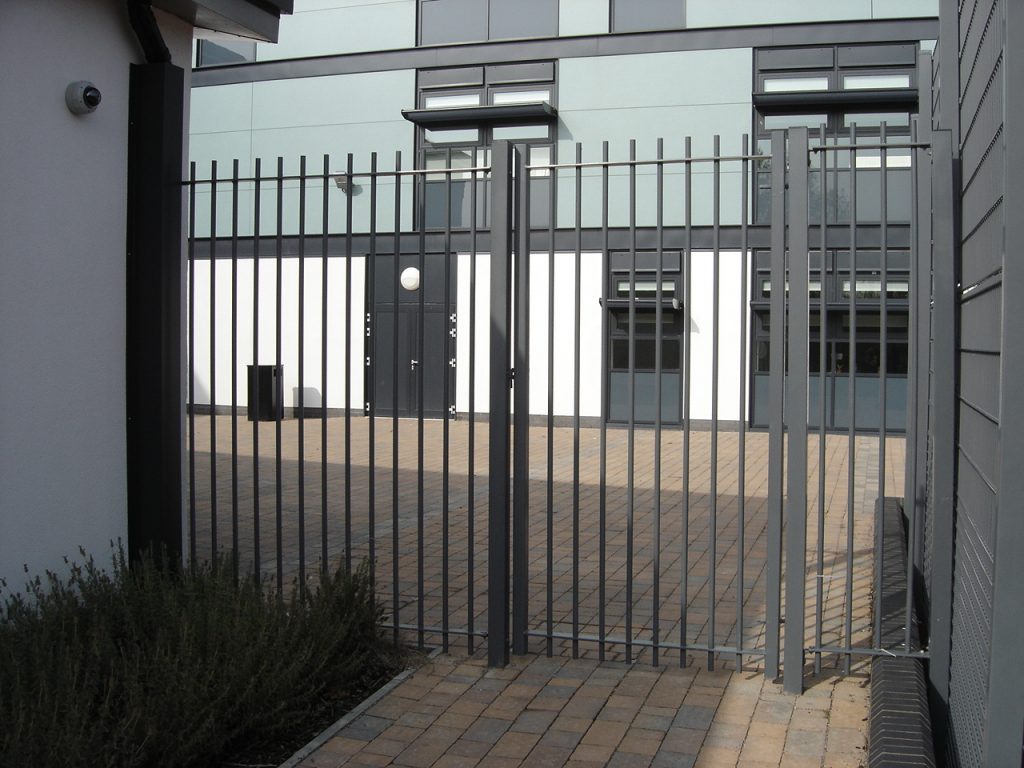Chris Plimley says that “Government and commercial buyers of critical national infrastructure protection increasingly want to single source to improve integration, drive up standards and reduce costs.”
The trend towards sole-sourcing was established long ago, built on a drive for lower costs, quicker lead times and accelerated innovation.
It began over 30 years ago in the car industry as vehicle makers the world over adopted the Japanese approach of building supplier keiretsu: close-knit networks of vendors that continuously learn, improve and prosper along with the organisation they are supplying.
In a programme often known as ‘vendor reduction’, they slashed the number of suppliers they did business with, awarded the survivors long-term contracts and encouraged their most important suppliers to manage the lower tiers.
They also got top-tier suppliers to produce subsystems instead of components, take responsibility for quality and costs, and deliver just in time.
I’ll return to the car companies later. But for now, fast-forward 30 years, and it did not yield the benefits they hoped for many businesses and governments.
Too often, ‘vendor reduction’ was misused by bullying buyers as a means of beating year-on-year price cuts out of suppliers rather than fostering the long-term partnerships the Japanese had in mind.
We saw this most strikingly in control wielded over their supply chain by the all-powerful supermarket retail giants.
But security, and the protection of national infrastructure, is literally too critical an area with which to play ‘squeeze the supplier’ like this. And fortunately, national governments and global utility companies have realised this and are not playing fast and loose with their supplier relationships.
After all, according to a recent Computer World blog, a frightening 70% of critical infrastructure organisations suffered security breaches in the last year, including water, oil, gas and electric utilities. Moreover, an almost equally high 64% anticipate one or more serious attacks in the coming year.
The insider threat in government agencies and big companies is a known problem with well-developed strategies to mitigate the problem. Still, globalisation and outsourcing have blurred the lines between insiders and external suppliers.
Those strategies are less easily implemented with vendors, contractors, and business partners, so partnering and engagement, which fosters mutual trust, is the best protection when outsiders gain privileged access to or even create the security protections for critical infrastructure facilities.
And that’s the approach we are happily witnessing from our own customers for our highest security systems, both within government and the commercial world.
They desire to contract with a single company for all of their security needs – both physical and electronic – and partner with us in an automotive-style top-tier supplier relationship steering our business strategy.
Driven by this customer demand, we have acquired the most respected high-security installer in the UK in Binns Fencing and the latest CCTV and video content analysis in EyeLynx Limited.
We combine that with collaborations with perimeter intrusion detection systems and electric fencing to offer a holistic and fully integrated security solution through design and manufacture to supply and installation.
So what are the benefits to a buyer and to the security of the infrastructure they run?
Firstly, it enables a more truly integrated security solution to be designed. Second, by sharing in confidence with trusted suppliers the full extent of the vision for their CNI facility and the security strategy, it enables the age-old security questions to be explored at the design stage, namely: what asset base are we trying to protect – physical, human, intellectual and even reputational; what risks do or might they face of damage, theft or sabotage; and who or what might pose these risks and how might they carry out their threats?
Secondly, sole customer-supplier interfaces drive the development of increasingly higher standards and levels of security to cope with the evolving nature of threats from global terrorism and organised crime.
Thirdly, partner relationships are reducing overall lead times in the design and construction of critical national infrastructure.
And finally, the Holy Grail in this era of spiralling debt and hard-earned recovery post the credit crunch of the late 2000s, sole source partnering reduces costs.




